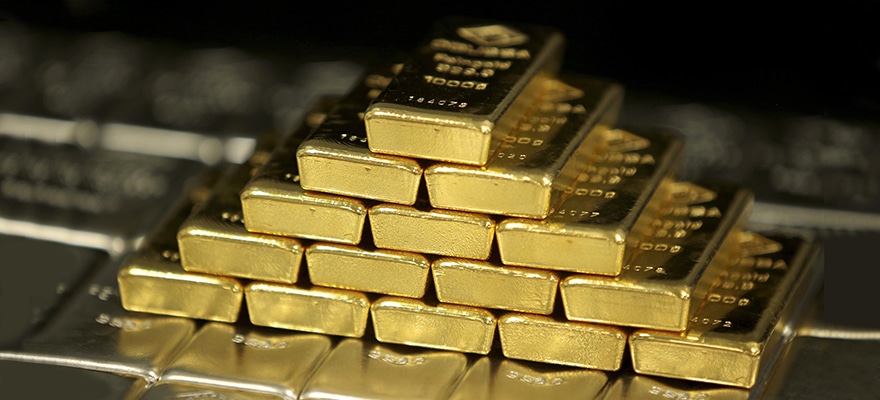CME Group Inc on Thursday sent out two notices to precious metals traders who allegedly tried to manipulated the prices on the exchange using the technique known as spoofing. Heet Khara and Nasim Salim, both traders of CME Group’s gold and silver futures contracts on its Comex exchange, were placed under market access denial which will remain in effect for sixty days, unless the group’s Chief Regulatory Officer decides that this access denial will be extended for an additional period of time.
CME Group’s Market Regulation Department summarily denied Nasim Salim direct and indirect access to all CME Group markets, the CME Globex electronic trading platform, any other electronic trading or clearing platform owned or controlled by CME Group, and all trading floors owned or controlled by CME Group. The summary access denial prohibits trading, placing orders, and controlling or directing the trading for any person or entity in any CME Group exchange product. The summary access denial further prohibits the affiliation or business dealing with any member or member firm of CME, CBOT, NYMEX, or COMEX.
The summary access denial of Salim was based upon the findings of an investigation conducted by the CME, which revealed that on multiple trade dates during the time period of March 1, 2015 through April 28, 2015, Salim engaged in a pattern of activity in which he repeatedly entered orders or layered multiple orders for Gold and Silver futures contracts without the intent to trade. Specifically, Salim entered these orders or layered multiple orders to encourage market participants to trade opposite his smaller orders resting on the opposite side of the book. After receiving a fill on his smaller orders, Salim would then cancel the resting order or layered multiple orders that he had entered on the opposite side of the order book.
Salim introduced Heet Khara to his first FCM and Salim had an account at the second FCM at which Khara traded in a disruptive manner. Further, it appears that on multiple occasions Salim and Khara coordinated efforts to engage in disruptive activity. In an example from April 28, 2015, Salim entered small-lot orders on one side of the market in Gold futures, after which Khara entered large orders on the opposite side. When Salim’s small orders were filled, Khara canceled the large orders.
The foregoing conduct, as well as Salim and Khara’s failure to cooperate with the Exchange, present a good faith determination that there are substantial reasons to believe that such immediate action is necessary to protect the best interests of the Exchanges and the marketplace. The two have not responded to correspondence from the Exchange.





Be First to Comment